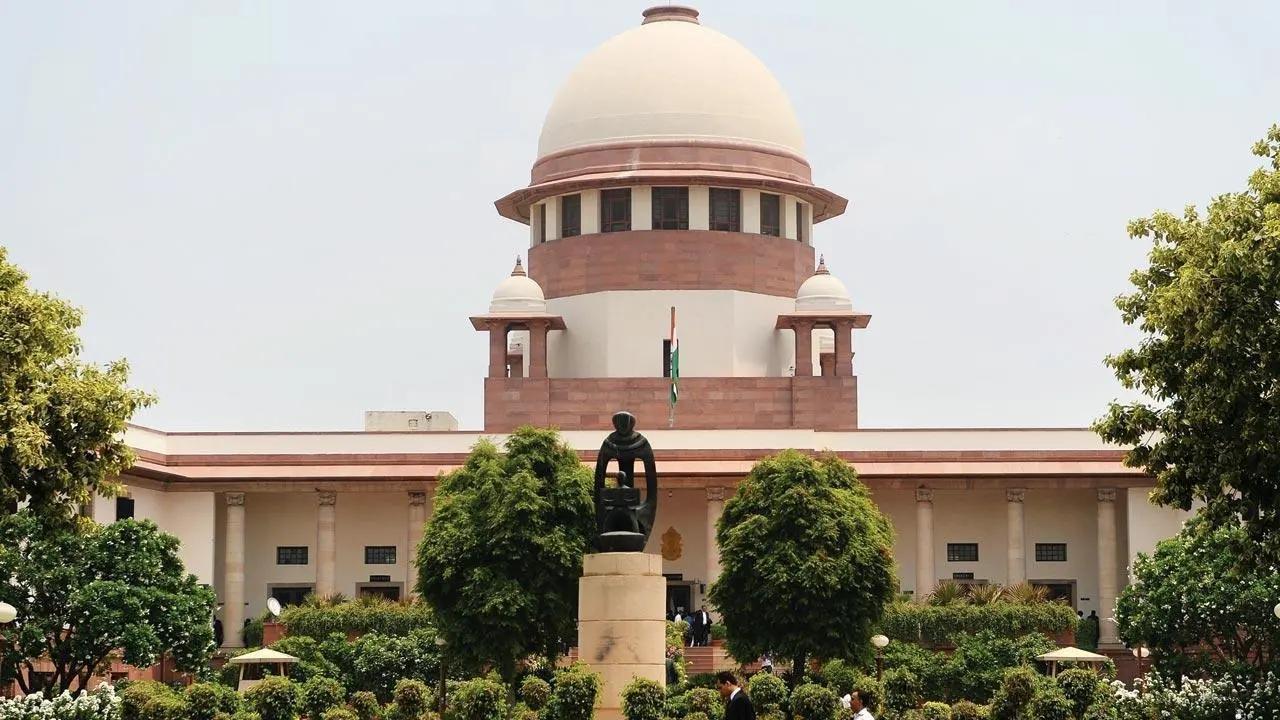Home / News / India News / Article /
SC asks Bombay HC to conduct performance audit of 1971 Maharashtra law
Updated On: 31 July, 2024 06:59 PM IST | New Delhi | PTI
The top court asked the chief justice of the high court to set up a bench to "initiate suo motu proceedings" to review the working of the Maharashtra Slum Areas (Improvement, Clearance and Redevelopment) Act, 1971 to identify the problems faced in its implementation

Supreme Court. File Pic
In an unprecedented verdict, the Supreme Court has asked the Bombay High Court to conduct a performance audit of a 1971 Maharashtra law on slum redevelopment, saying over 1,600 cases are pending in the high court and the welfare legislation for poor is grid-locked.
The top court asked the chief justice of the high court to set up a bench to "initiate suo motu proceedings" to review the working of the Maharashtra Slum Areas (Improvement, Clearance and Redevelopment) Act, 1971 to identify the problems faced in its implementation.



